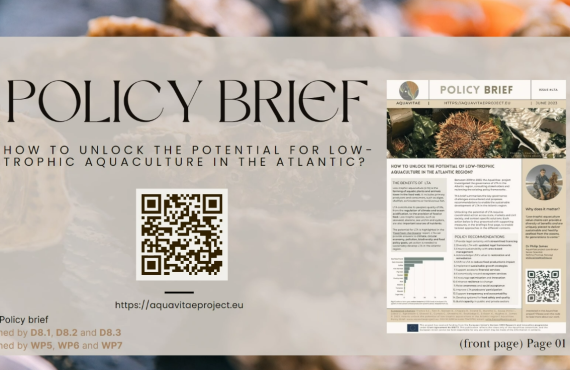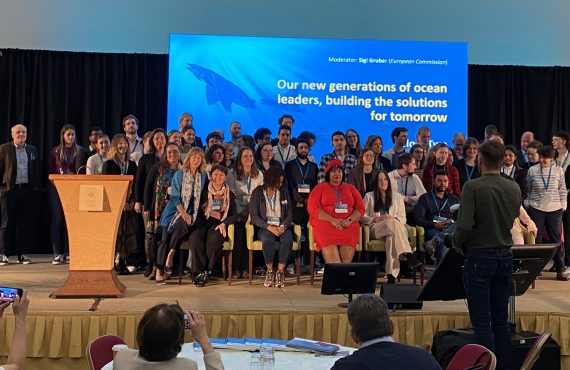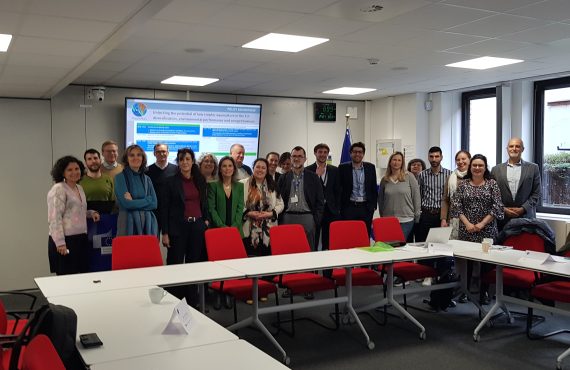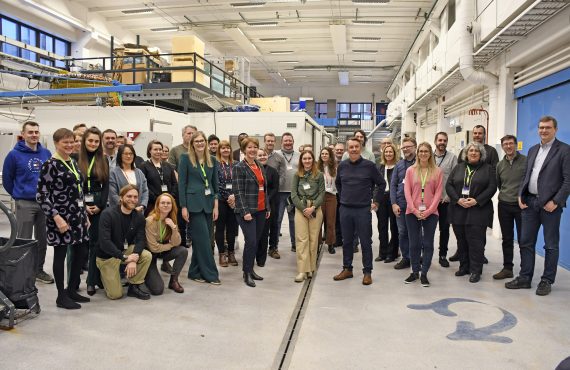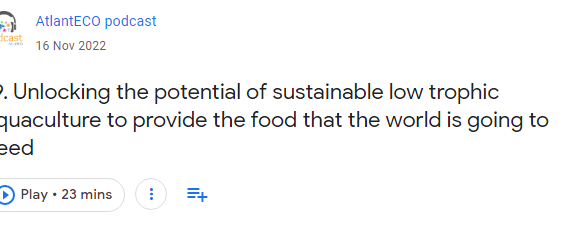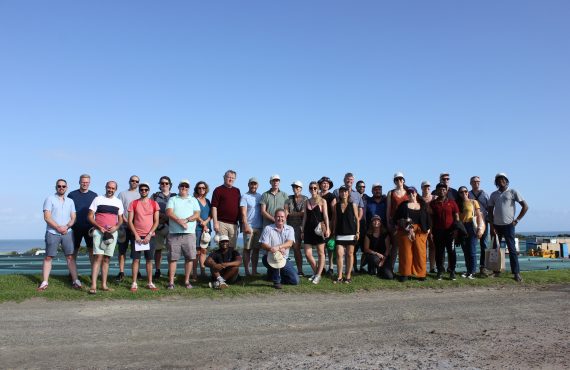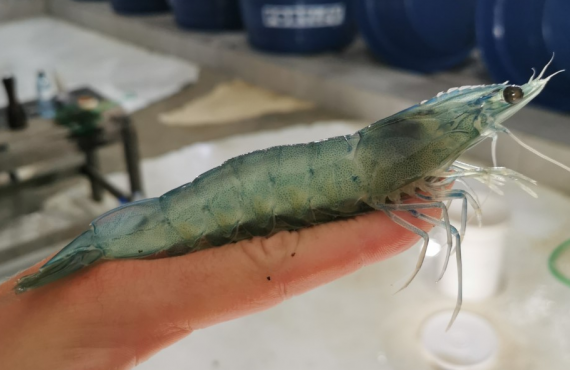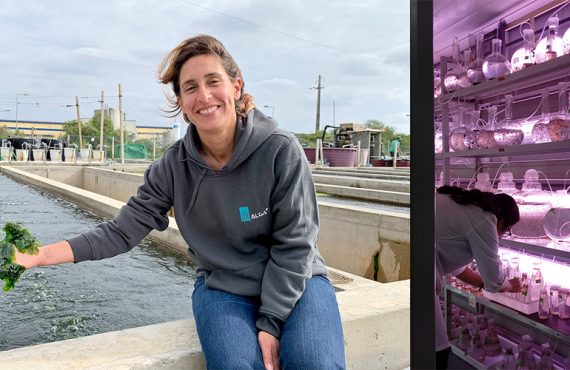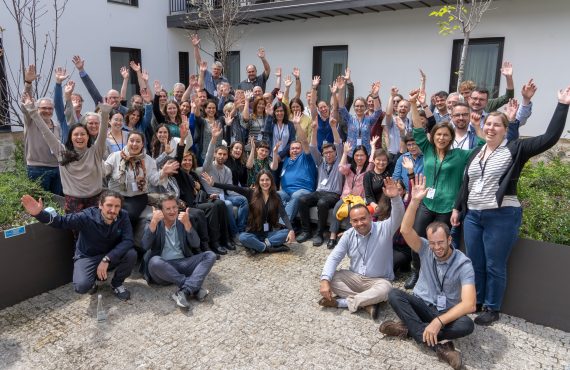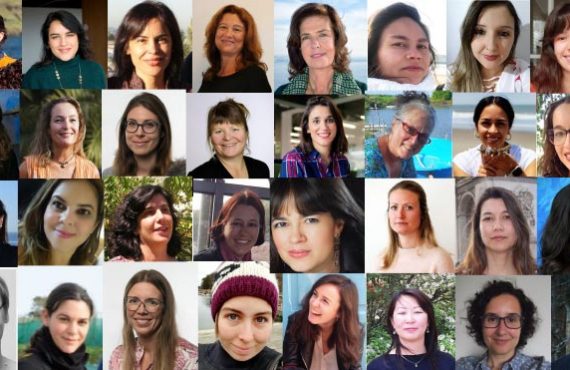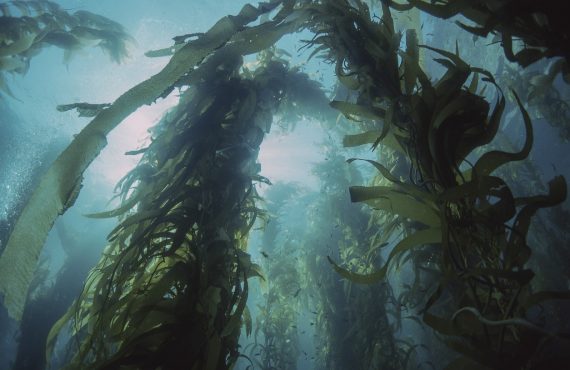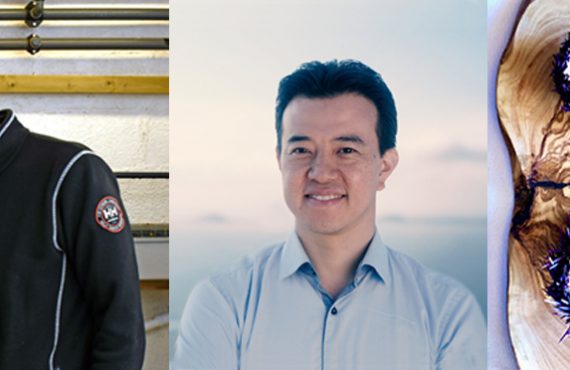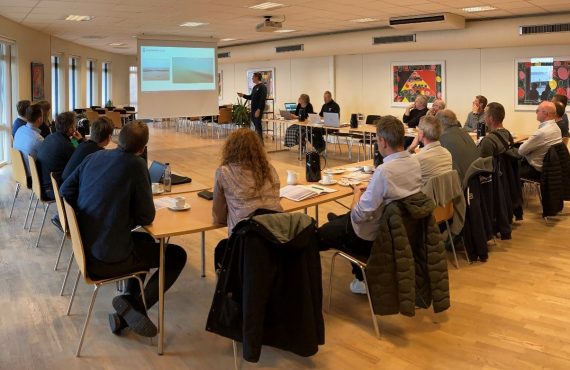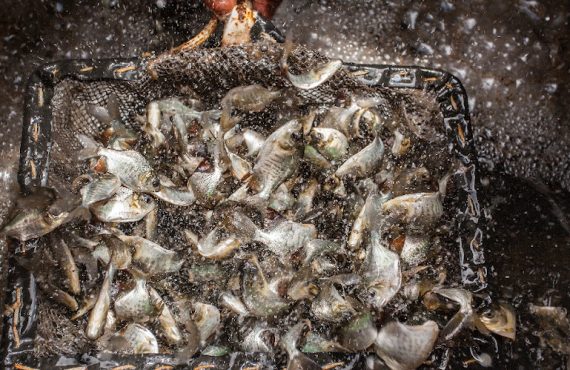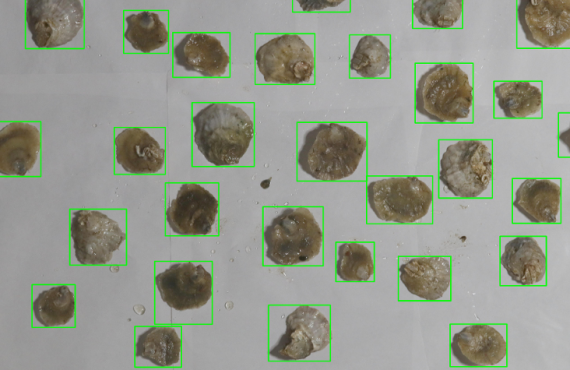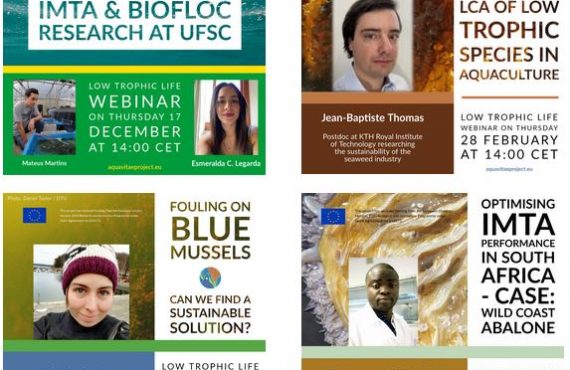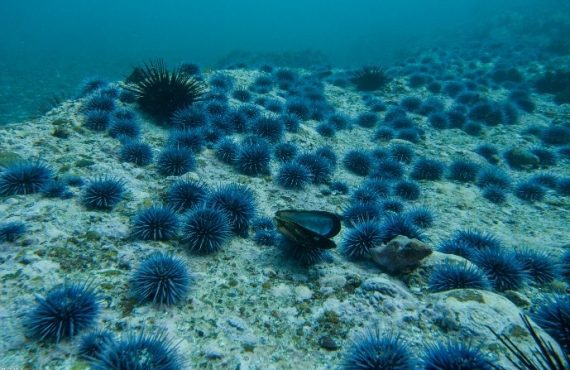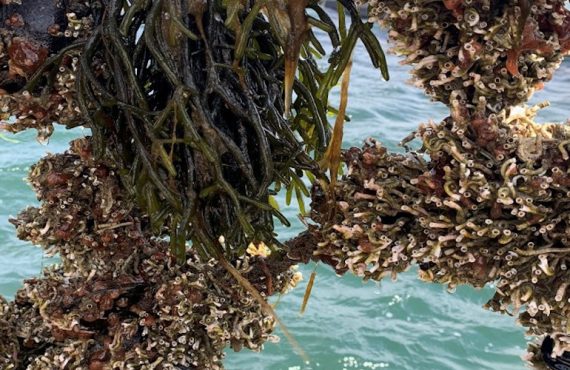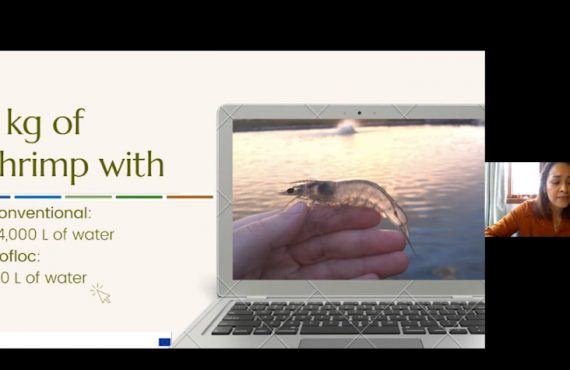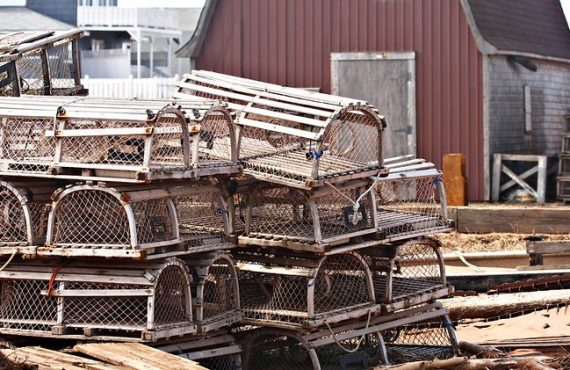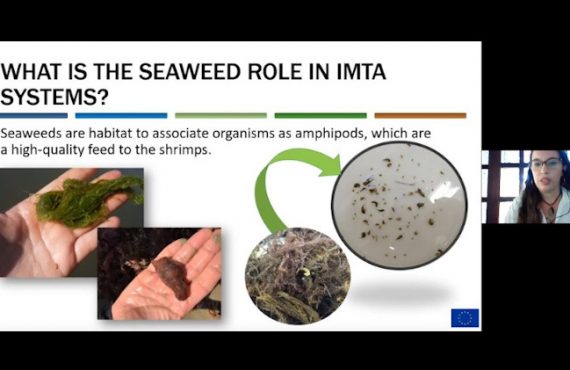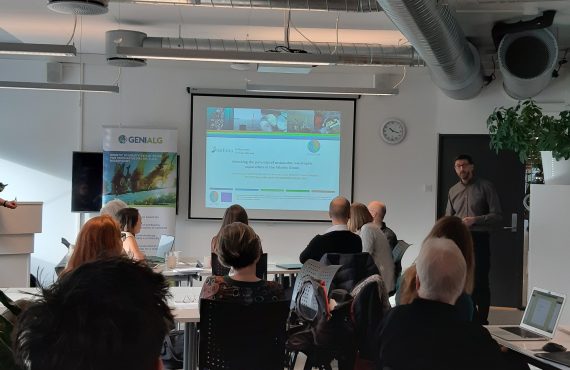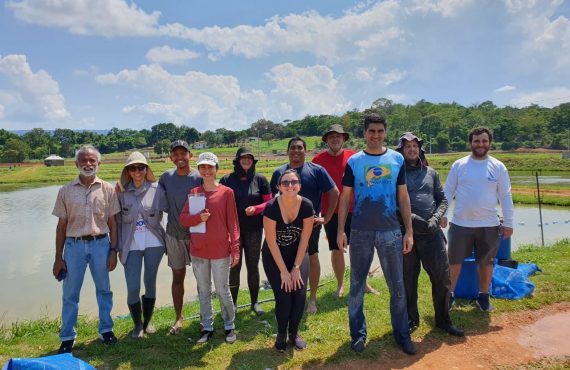A part of the UiT MOOC development team. Left to right: Adrianna Kochanska, Michaela Aschan, Kåre Nolde Nielsen, Hanne Risan Johnsen and Daniel Jensen.
By Michaela Aschan, leader of training activities in AquaVitae.
The importance of food production calls for a more sustainable approach to aquaculture. Climate change poses a threat to agriculture; nevertheless, the consequences of climate warming are less likely to have extreme effects on marine food production.
There is great potential in aquaculture, yet the mariculture often results in the creation of luxury products. AquaVitae aims to develop a number of training activities that will provide the knowledge needed to bring the low-trophic aquaculture production to a wider audience. The training is a significant contribution to ensuring sustainable food production, reduction of the CO2 emission, and mitigation of the climate crisis. The training activities such as the student exchange will allow the students to expand their international networks and develop valuable transversal skills. The industry apprenticeships will create an important link between the research institutions and the industry providing practical, on-the-job experience.
Furthermore, a number of activities such as the Training of Trainers (ToT) and monthly webinars will be aimed specifically at the researchers, developing their skills as trainers and communicators of science. One of the aims of the AquaVitae is to create a massive open online course (MOOC) on low-trophic aquaculture. The advantages of a MOOC are three-fold: flexibility, international reach and state-of-the-art knowledge. The MOOC will adopt a flexible approach that allows participants to pick and choose the topics they are interested in and study them at their own pace. The principles of open science, open data and state-of-the-art knowledge will be fundamental to the design of the MOOC.
In times when travel restrictions hinder the movement of persons for educational purposes, MOOCs will become more important, allowing individuals to take up professional training no matter where they are. Individuals from all over the world will have access to the most current, scientific information with regards to low-trophic aquaculture production. The network of young scientists built through student exchange, industry apprenticeships, the MOOC and the monthly webinars are crucial for the optimal utilisation and implementation of the new knowledge and technology developed in AquaVitae also after the project end.
Learn more about AquaVitae training activities.




